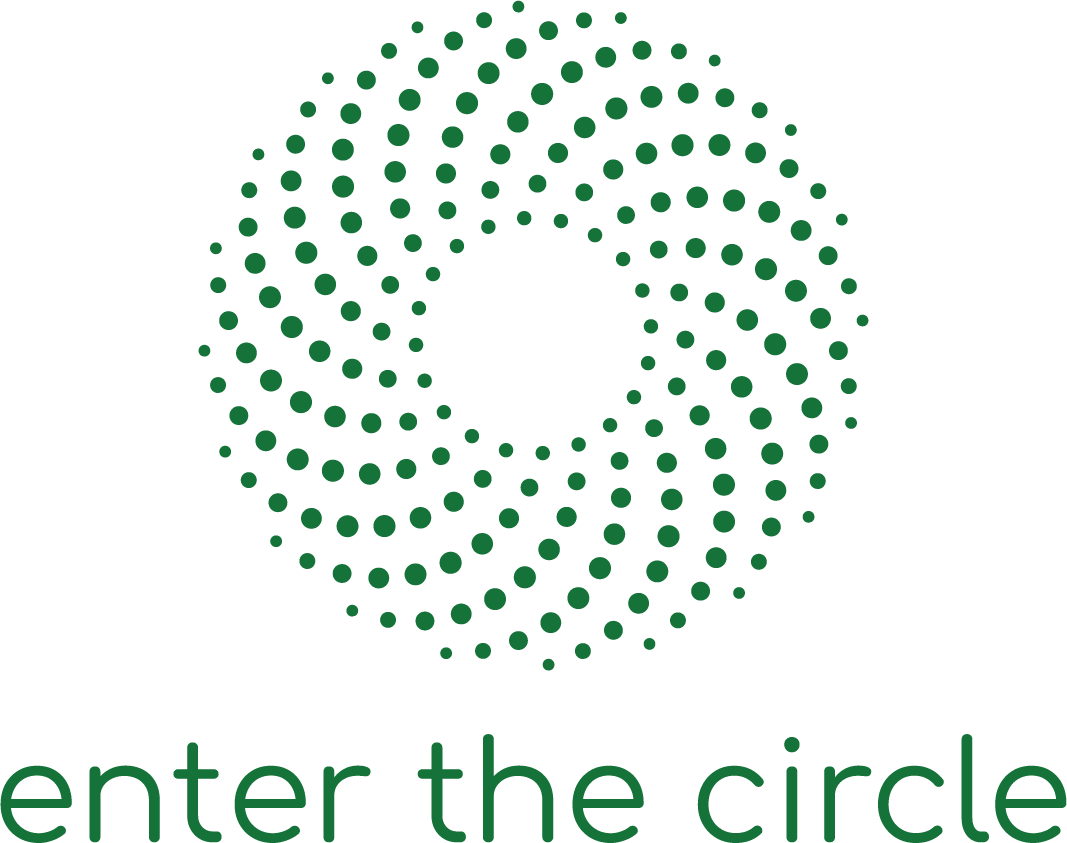Entrepreneurship and circular economy have gained significant attention in recent years as a means to promote sustainable economic growth while addressing environmental challenges. Greece, Cyprus, and Denmark are countries with varying levels of development, but they share a common interest in promoting entrepreneurship and a circular economy. With this in mind, this project has been initiated to investigate the current state of entrepreneurship and circular economy in these countries and identify opportunities and challenges for promoting sustainable entrepreneurship. This research aims to provide insights into the best practices and policies that can foster the development of a circular economy and entrepreneurial ecosystems in these countries. These findings are further used in the development of a holistic competence frameworkinform policymakers, educators, entrepreneurs, and other stakeholders in designing and implementing effective programs and initiatives to promote sustainable entrepreneurship and circular economy.
Cyprus
The “Cyprus Action Plan for the transition to a circular economy 2021-2027” and initiatives such as the Cyprus Circular Economy Network (CCEN) demonstrate the country’s commitment to sustainable economic growth. Although there is no clearly defined framework for entrepreneurship education, national initiatives and organizations are promoting entrepreneurship in Cypriot schools and students. Cyprus aims to become a dynamic, competitive, green, and circular economy, and the establishment of an inclusive entrepreneurial framework is crucial. Challenges such as government bureaucracy, youth unemployment, and underrepresentation of disadvantaged groups must be addressed through policies and funding opportunities. The incorporation of entrepreneurship education into the curriculum starting from a young age is vital to enhancing the necessary knowledge, skills, and attitudes required to enter the world of entrepreneurship.
Full report:
Greece
Despite progress made through its National Action Plan, Greece must still address waste management, recycling rates, and waste produced by tourism. The government has implemented initiatives to support entrepreneurship, including tax incentives and financial assistance programs, but lacks a framework for entrepreneurship education. The report reveals a concerning trend of necessity-driven rather than opportunity-driven entrepreneurship and highlights the need to foster a culture of entrepreneurship in Greece.
Full report:
Denmark
Denmark’s progress towards promoting sustainability and circular economy, including initiatives to strengthen enterprises, promote circular economy through design, and change consumption patterns. The country has a thriving entrepreneurial ecosystem, with initiatives such as EntreComp and GreenComp supporting and educating entrepreneurs. While 21% of all entrepreneurs in 2020 were aged between 18-29, it is concerning that three out of ten young people feel they lack the right skills to start a business. The taxonomy for entrepreneurship education developed by the Danish Foundation for Entrepreneurship provides a valuable framework for educators to help young people develop their entrepreneurial competence. By investing in entrepreneurship education and creating supportive policies and programs, Denmark can ensure the next generation of entrepreneurs has the tools they need to succeed.

